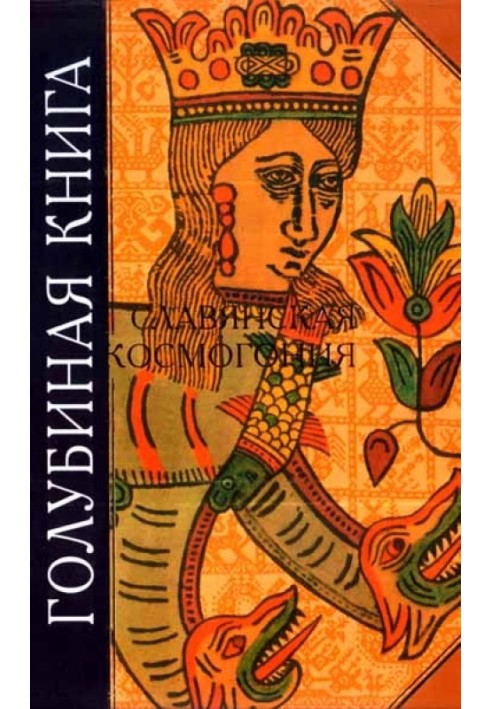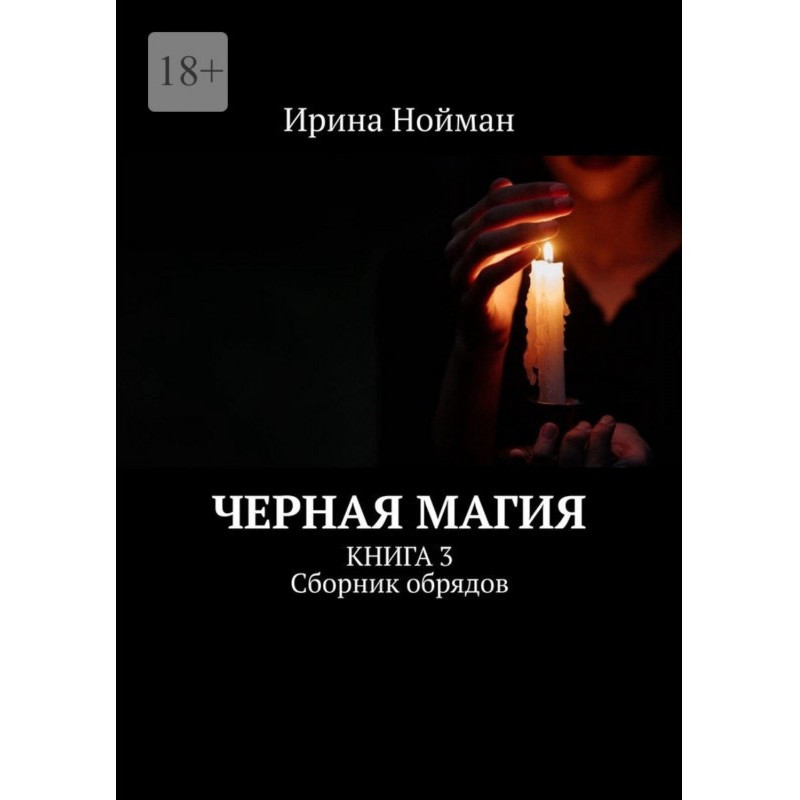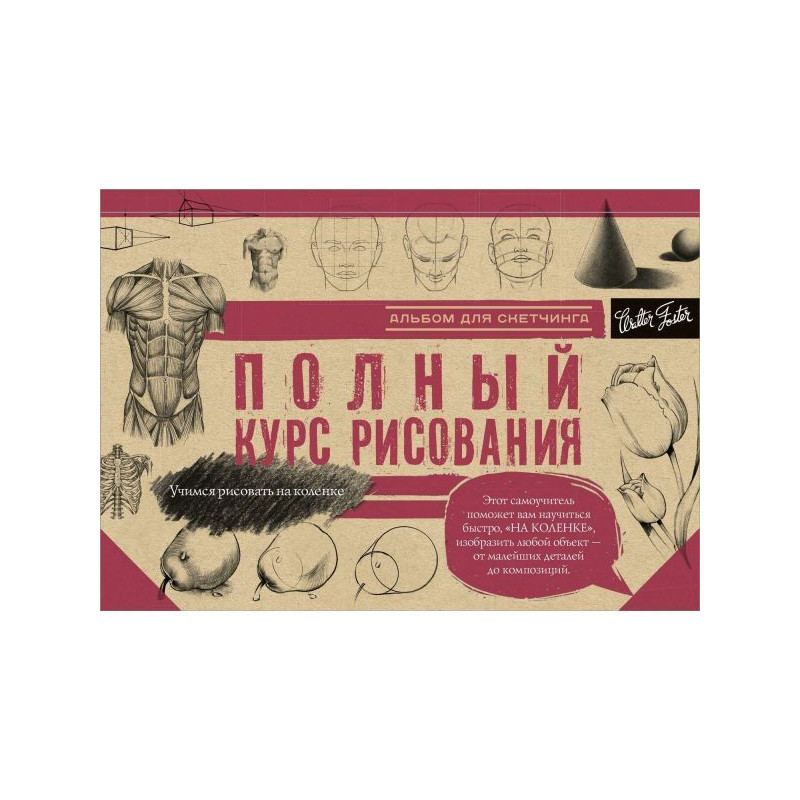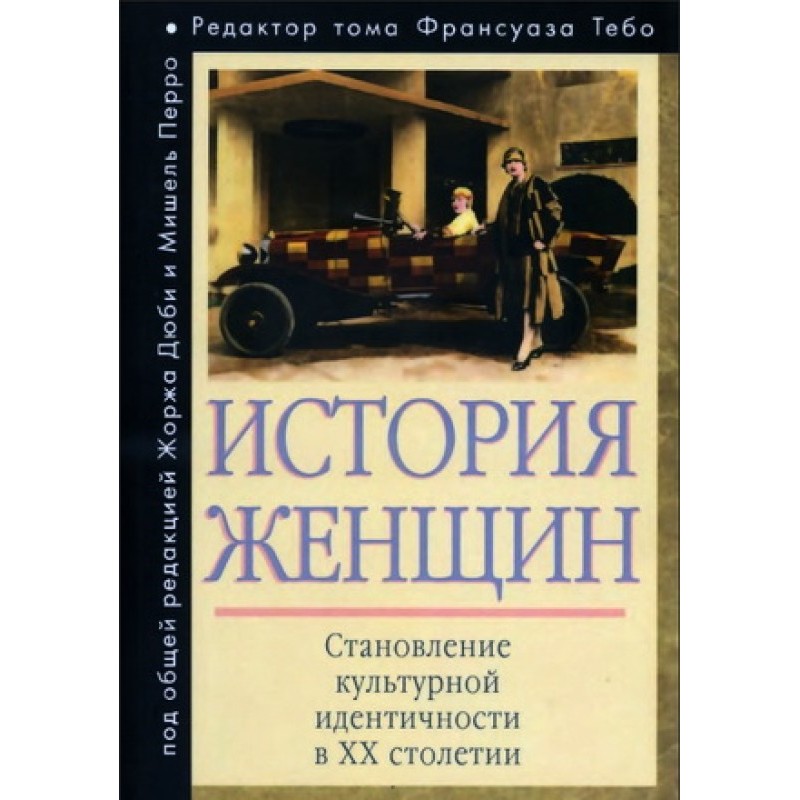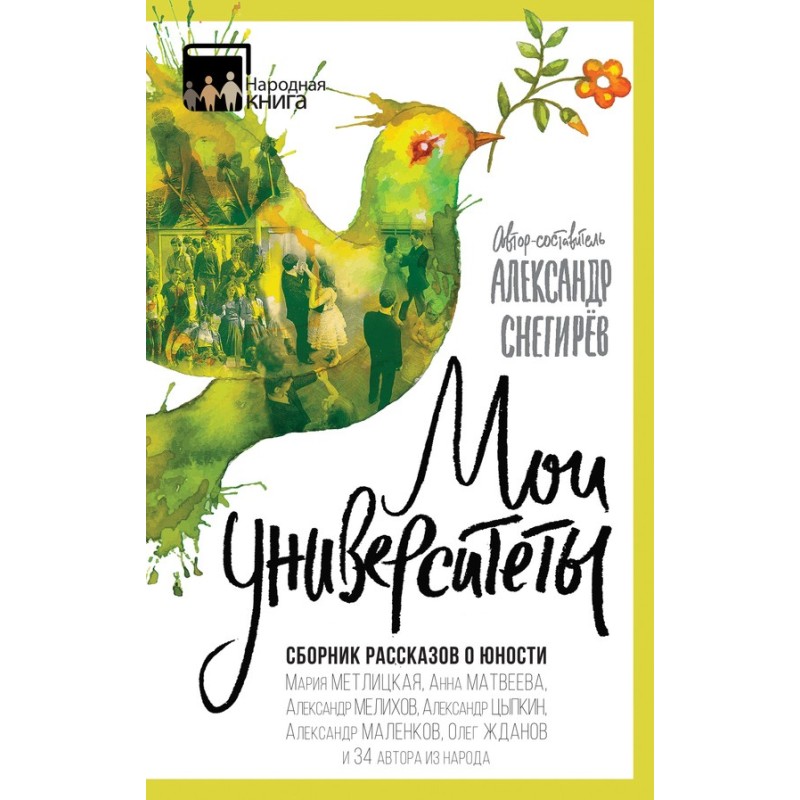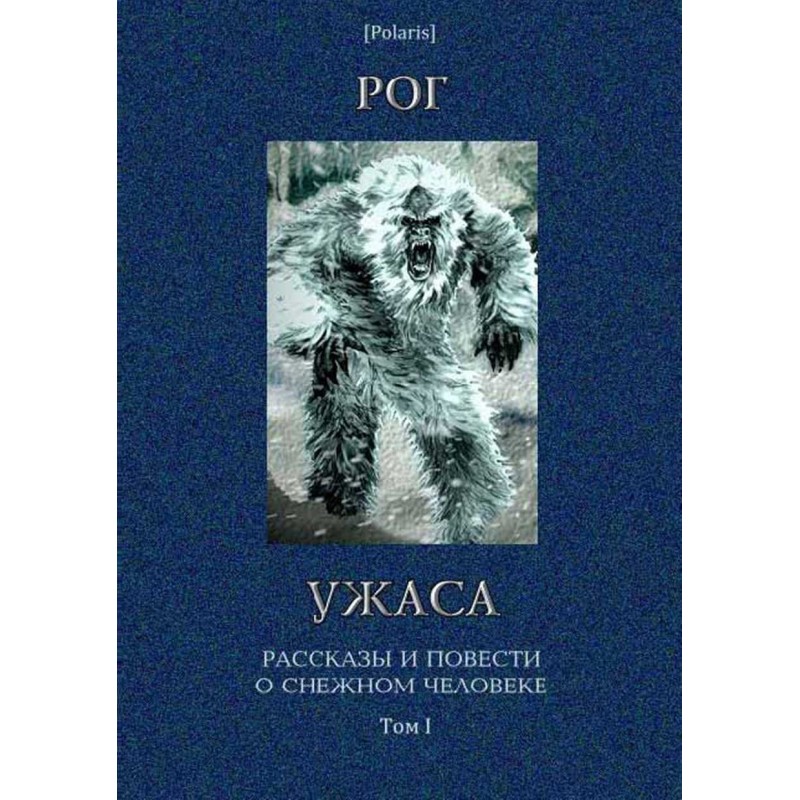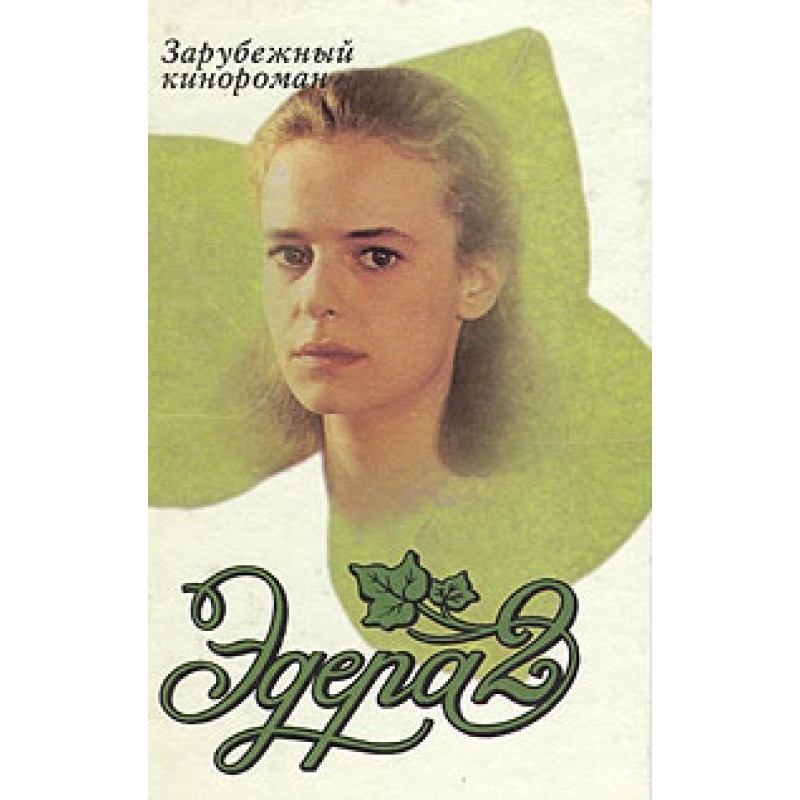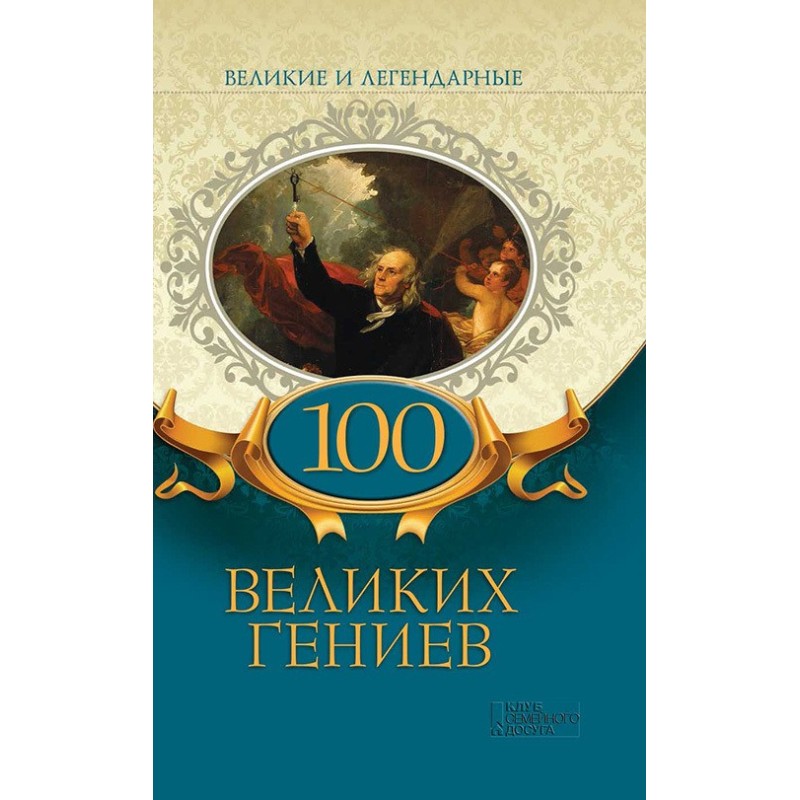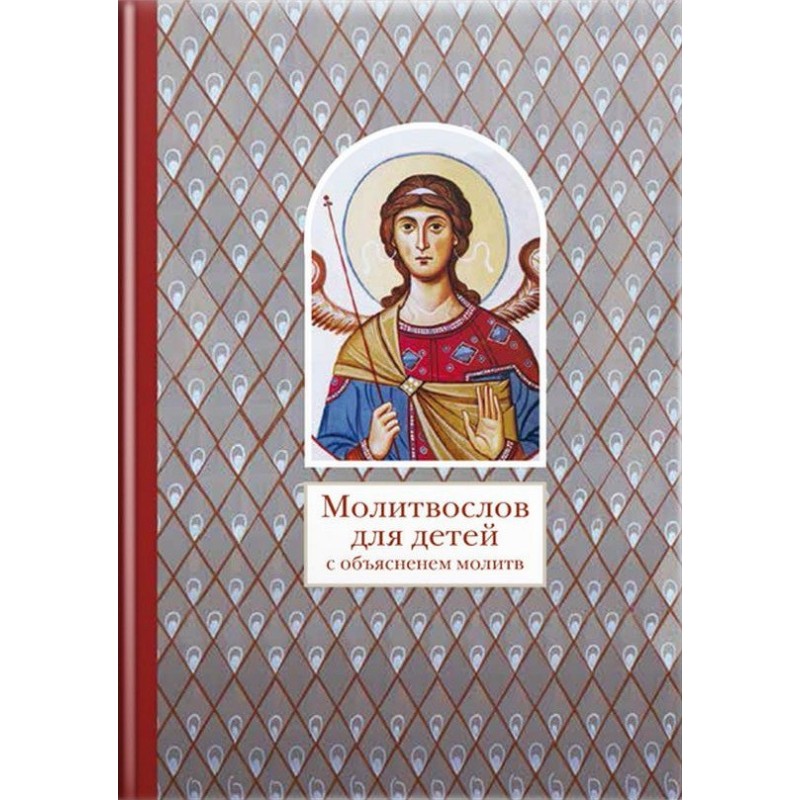Pigeon book. Slavic cosmogony
 Instant download
Instant download
after payment (24/7)
 Wide range of formats
Wide range of formats
(for all gadgets)
 Full book
Full book
(including for Apple and Android)
“A book fell from heaven. She was called the “dove” because of her purity and heavenly holiness. Or “deep” - from the depth of the wisdom contained in it. The book talked about how our world began: where the white light, the sun, the month, the stars, dawn, thunder, wind came from, where the classes came from - kings, prince-boyars, peasants. And about what is the most sacred and important thing in this world: which king is the king above kings, which land is the mother of all lands, which is the most important sea, lake, river, church, mountain, stone, tree, grass, animal, bird . And also about how Pravda fought with Krivda and where she, Pravda, went in this sinful world.” — This is how the “walking kaliki,” blind wanderers reciting spiritual poems, sang in Rus' from ancient times. We learn about the existence of this mysterious book from the life of the 13th-century scholar-priest Abraham of Smolensk. In the 1760s, “The Verse about the Dove Book” was recorded by one of the first collectors of Russian folklore, the legendary Kirsha Danilov. But only modern scientists have realized that the “Dove Book” is a cosmogonic myth of the ancient Slavs, consonant with the Indian “Rig Veda”, the Scandinavian “Elder Edda”, the Persian “Avesta” and the “Popol Vuh” of the American Indians.
Data sheet
- Name of the Author
- Collective of authors
- Language
- Russian
Reviews
Неперевершене дослідження слов'янської космогонії
Ця книга стала для мене справжнім відкриттям! "Голубина книга" не лише пропонує захоплюючий погляд на слов'янську міфологію, але й занурює читача у глибини нашої культури та історії. Автор майстерно поєднує фольклорні елементи з глибокими філософськими роздумами про світ і його створення. Я був вражений тим, як багато мудрості та знань міститься у цій книзі. Вона спонукає до роздумів про наше місце у світі, про цінність традицій та зв'язок із природою. Рекомендую всім, хто цікавиться культурою та історією слов'ян!
Занадто складно для розуміння
На жаль, "Голубина книга" виявилася для мене досить важкою для сприйняття. Хоча я ціную глибину теми та значення, яке вона має для слов'янської культури, я не зміг повністю зрозуміти багато концепцій, які були представлені в книзі. Текст містить безліч складних термінів і філософських ідей, які можуть бути важкими для сприйняття без попереднього знайомства з темою. Я сподівався на більш доступний виклад матеріалу. Можливо, ця книга більше підійде тим, хто вже має певний досвід у вивченні слов'янської міфології.
Дослідження, яке варто прочитати
"Голубина книга" - це не просто книга, а справжнє дослідження, яке відкриває перед читачем нові горизонти розуміння слов'янської космогонії. Автор вміло поєднує наукові факти з міфологічними елементами, що робить текст не лише пізнавальним, а й дуже цікавим. Я був вражений, як глибоко автор досліджує питання про походження світу, природу та місце людини в ньому. Ця книга спонукає до роздумів і надихає на подальше вивчення теми. Я б рекомендував її всім, хто цікавиться історією та культурою слов'янських народів.
Не зовсім те, що очікував
Коли я почав читати "Голубину книгу", я сподівався на більш легкий та зрозумілий текст. Хоча книга містить багато цікавих фактів про слов'янську космогонію, я відчував, що автор занадто захоплюється складними концепціями та філософськими роздумами. Це ускладнювало сприйняття матеріалу. Я вважаю, що книга могла б бути більш структурованою, щоб читачі могли легше слідкувати за думками автора. Вона, безумовно, має свою цінність, але, на жаль, не відповідала моїм очікуванням.

